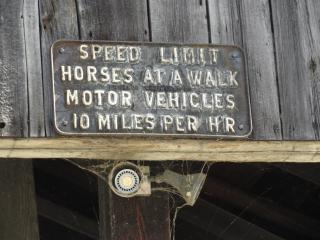
Only the reader can decipher it.
. . . .
Cipher is from the Arabic word for zero, and has been in English for a long, long time. "To cipher," meaning to do arithmetic, is a word even my grandfather used, who was born in 1898 and lived in Texas. But why a "ph" and not an "f"? Because it came through Greek. Some Greek mathematician discovered the idea from Arabic, wrote it down in Greek, and it came to other European languages from that. "Ph" words in English are always from Greek.
To decipher something (like reading) means to figure out the patterns.
A parent cannot decipher words for a child. Only the child can decipher written language. You can help! You can help LOTS of ways. One way would be to gain an interest in the words you use yourself, and stop once in a while to examine one, its history, why it means what it means.
SandraDodd.com/etymology
photo by Sandra Dodd
__





